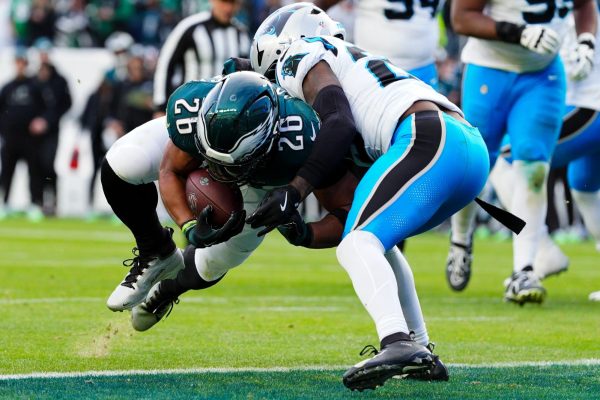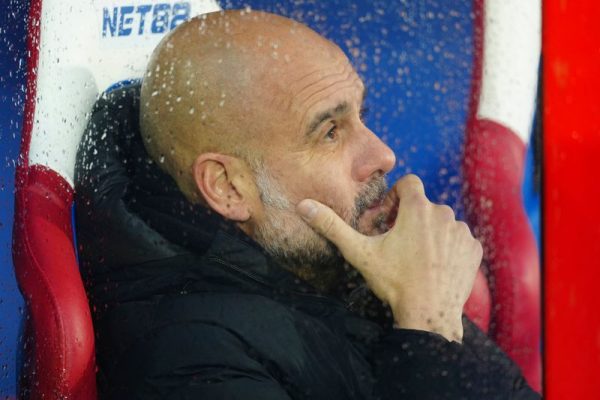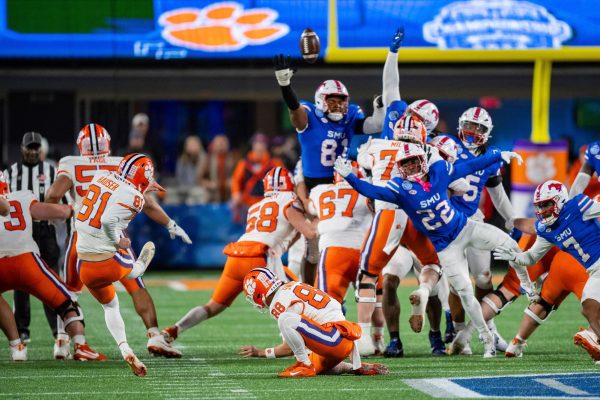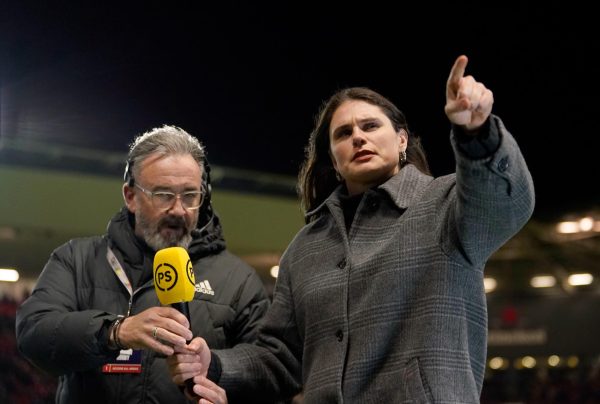Tanking in the NBA: Good or Bad For the League?
If you’ve been paying even the slightest attention to the NBA in the last few seasons, chances are the term “tanking” has arisen at some point. Tanking is, in its most simple form, losing on purpose. At first glance, this idea seems backwards. Is it not the goal of professional basketball teams, composed of multimillionaire players and coaches, to try to win every game they play? The answer to the question is no longer cut and dry, thanks mostly to the NBA’s structure for drafting players out of the college ranks. The first three picks in the draft are decided by a lottery in which the worst 14 teams in the league have different odds in acquiring the No. 1 overall pick, likely to be used on an elite prospect. Due to this structure, teams that know they will not be very good in a season, and likely miss the playoffs only hurt their chances for a good draft pick by winning more games. Funny enough, this results in an inverted power struggle between the league’s worst teams based on who can lose the most to improve their chances to pick first.
Unsurprisingly, the idea of losing on purpose is a source of conflict between NBA teams’ front office and coaching staff. While the general managers of bad teams will approve of tanking because it can result in opportunities to improve the team in the future, coaches of losing teams don’t have the best job security. Finding the right balance between improving in house talent and trying to improve draft position is near impossible for NBA coaches. Oftentimes, coaches are unfairly fired from jobs that were doomed to fail from the start.
Another conflict among poorly performing NBA teams is whether to assign the tag of tanking or rebuilding. Both types don’t win many games, but the difference between the two designations is greater than some teams would like their fans to know. While tanking teams play whatever players give them the worst shot to win, rebuilding teams try to play as many young players to develop the talent. A team that is rebuilding is creating future success through its roster. Tanking teams don’t believe their roster can develop into anything special.
While the idea of tanking sounds good in theory, its main problem is that it is downright bad for professional sports. For starters, losing on purpose is dishonest to the fans. Many cities put significant funding into their NBA teams, and are rewarded with embarrassment. While the team is raking in millions of dollars every season for losing on purpose, other people in normal jobs are getting fired for not performing up to snuff. Tanking is also dishonest to the league; teams are merely exploiting a system that works fine when teams always play competitively. Tanking disrupts the natural flow of league power between teams from season to season, allowing powerful teams to control playoffs and finals year after year. If they aren’t already, eventually, fans will be tired of annual finals matchups between Lebron James’ teams and the Warriors or Spurs. This will remain a problem until the league finds a way to stop tanking and increase competition, ultimately resulting in an improvement in the overall quality of NBA basketball.





